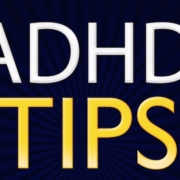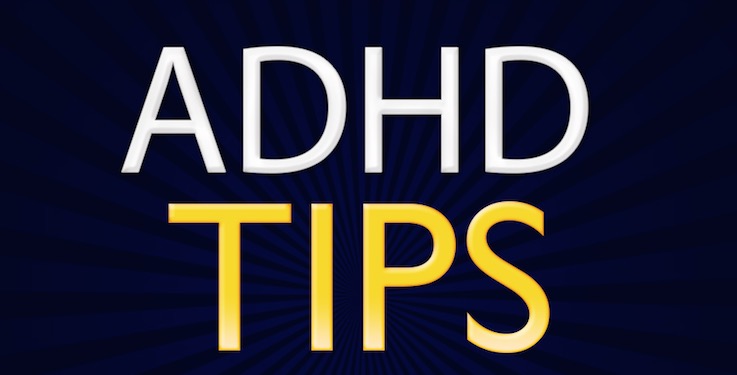ADHD in Women: Why It’s Often Misdiagnosed
ADHD in Women: Why It’s Often Misdiagnosed
ADHD in Women: Why It’s Often Misdiagnosed

While the classic signs and symptoms of ADHD are often quickly identified in boys, women may face a different experience. Their symptoms can manifest in ways that are less obvious and more easily misinterpreted. This can lead to insufficient recognition and understanding and a potentially delayed or even missed diagnosis. In this article, we take a closer look at how ADHD presents differently in women and why it’s often overlooked.
Differences Between ADHD Symptoms in Men and Women
While ADHD can affect both men and women, the way symptoms manifest in both genders can differ significantly. Women quite often internalize their symptoms, meaning that there are fewer outward signs. In particular, men tend to present with more obvious ADHD signs, including hyperactivity and impulsivity. Meanwhile, women may struggle with subtle signs of inattentiveness, such as difficulty focusing, forgetfulness, and problems with organization.
As their symptoms are less noticeable, women with ADHD may be unable to get an accurate diagnosis for many years.
Do Gender Expectations Play a Role?
Society-created gender expectations may also play a role in the misdiagnosis of ADHD in women. While boys are often expected to be more energetic and boisterous, leading to early recognition of hyperactive or impulsive behaviors, girls are typically presumed to be calm, attentive, and well-behaved. When girls display symptoms of ADHD, these behaviors are often attributed to personality traits or emotional issues rather than being recognized as symptoms of a neurodevelopmental disorder.
As girls enter adulthood, pressure from society to act a certain way may cause them to mask their ADHD symptoms. They might adopt coping strategies to hide their difficulties, which can further delay a proper diagnosis.
Hormones May Also Play a Part
The presentation and severity of ADHD symptoms can also be influenced by hormonal fluctuations that occur throughout a woman’s life. For example, during menstruation, pregnancy, and menopause, various hormonal changes occur.
Estrogen, a key female hormone, plays a role in regulating dopamine—a neurotransmitter essential for focus, attention, and motivation, all of which are also impacted by ADHD. As a result, women’s struggles are often mistaken for hormonal fluctuations rather than being recognized as signs of underlying ADHD.
Pathways Neuropsychology Associates Can Help
The Pathways Neuropsychology Associates team understands the differences in ADHD symptoms between women and men. We offer comprehensive ADHD evaluations and tailored ADHD coaching, which can help you understand your condition better and learn how to manage it effectively. Contact us today to learn more.
#top .av_textblock_section.av-av_textblock-4b54a9376293c03bbf09fa7edbc1f1cb .avia_textblock{
font-size:16px;
}
At Pathways Neuropsychology Associates we use evidence-based evaluation instruments and treatments to get you, your loved one, or your child on the path to success. If you or someone you love are struggling with the symptoms of ADHD, call now and get started!
.flex_column.av-av_one_full-d3e509f4637007bf756d5d5b286252b3{
border-width:2px;
border-color:#d9d9d9;
border-style:solid;
border-radius:0px 0px 0px 0px;
padding:20px 20px 20px 20px;
background-color:#f8f8f8;
}
The post ADHD in Women: Why It’s Often Misdiagnosed appeared first on Pathways Neuropsychology Associates.
Source: ADHD
ADHD in Women: Why It’s Often Misdiagnosed




 A lot of adults live with symptoms of attention deficit hyperactivity disorder (ADHD) without even realizing it. They might overlook the challenges they face every day, blaming them on other factors. What makes it more complicated is that, unlike in children, ADHD symptoms in adults can be harder to spot. So, let’s take a closer look at how to recognize ADHD in adults and why seeking the relevant help and support is so important.
A lot of adults live with symptoms of attention deficit hyperactivity disorder (ADHD) without even realizing it. They might overlook the challenges they face every day, blaming them on other factors. What makes it more complicated is that, unlike in children, ADHD symptoms in adults can be harder to spot. So, let’s take a closer look at how to recognize ADHD in adults and why seeking the relevant help and support is so important.